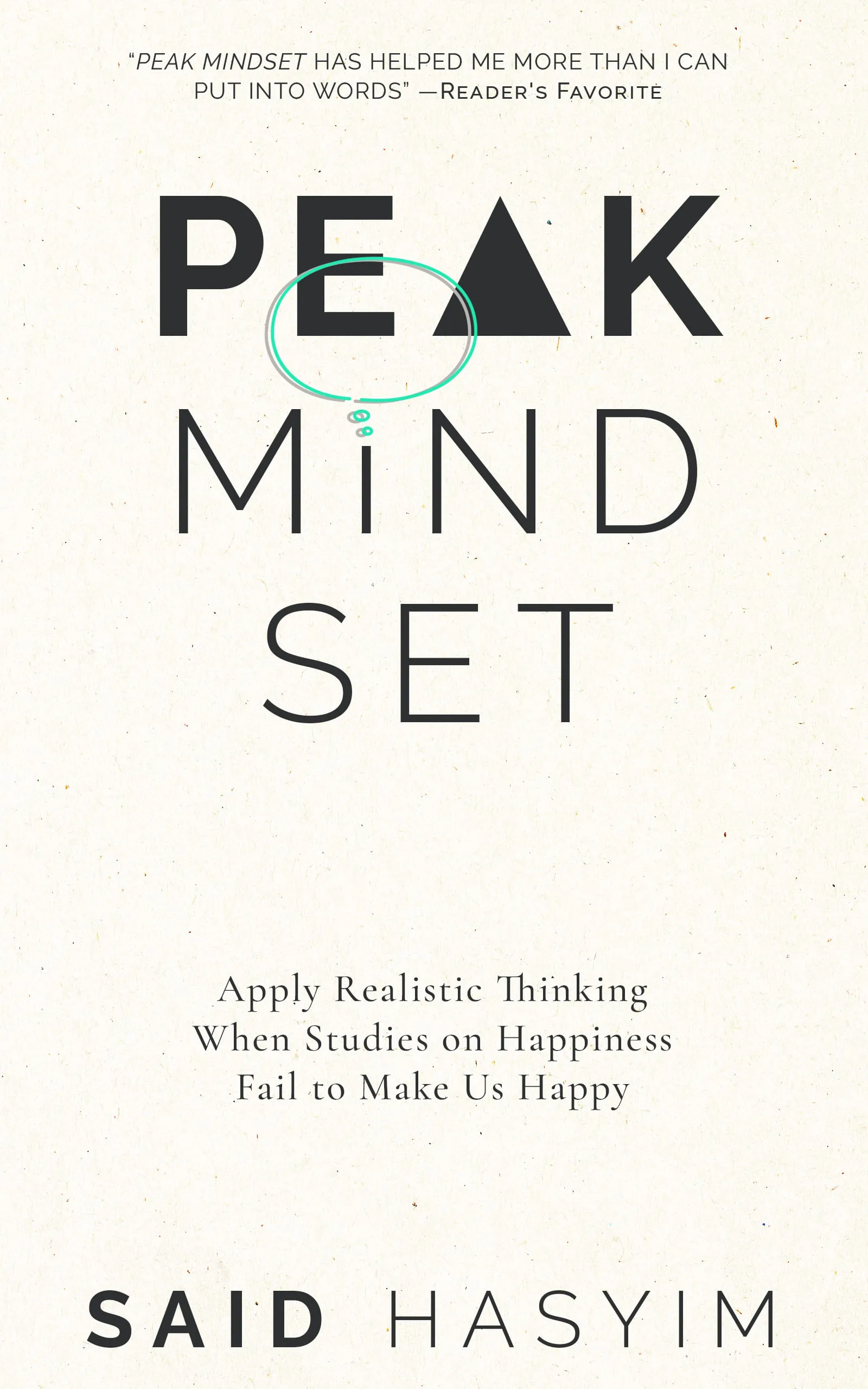Ground Yourself: The Power of Realistic Thinking
In a world that often feels overwhelmingly chaotic, filled with uncertainties and bombardments of information, cultivating a mindset rooted in realism can serve as a sanctuary for clarity and stability. While many people are tempted to drift toward unrealistic optimism or pessimism, embracing realistic thinking provides the grounding necessary to navigate life's complexities with confidence and resilience.
What is Realistic Thinking?
At its core, realistic thinking is an approach to understanding the world as it is rather than how we wish it to be. It involves accepting the facts, acknowledging limitations, and developing a clear and rational perspective. By integrating realistic thought patterns into our daily lives, we can foster healthier decisions, build stronger relationships, and create a more meaningful existence.
The Characteristics of Realistic Thinking
Realistic thinking is characterized by several fundamental traits:
Acceptance of Reality: Realistic thinkers accept the present situation without resorting to denial or wishful thinking. They understand that life involves both highs and lows, and they approach each scenario with an open mind.
Pragmatism: This form of thinking emphasizes practicality. Realistic thinkers prioritize solutions that are actionable and grounded in tangible outcomes rather than merely theoretical possibilities.
Critical Evaluation: Instead of taking information at face value, realistic thinkers critically evaluate claims, weighing evidence and considering multiple perspectives before arriving at conclusions.
Emotional Awareness: Realistic thinking does not entail the suppression of emotions; instead, it promotes awareness of them. Realistic thinkers acknowledge their feelings and allow them to inform their reasoning rather than cloud it.
Flexibility: Flexibility is key in realistic thinking. Realistic thinkers adapt their views and expectations as new information and experiences arise, allowing for continuous growth and improvement.
The Benefits of Realistic Thinking
Embracing realistic thinking can yield numerous benefits across different aspects of life, including mental health, decision-making, and interpersonal relationships.
1. Enhanced Mental Well-being
Realistic thinking can significantly improve mental well-being. When we accept the realities of our circumstances, we cultivate a sense of empowerment over our lives. This acceptance allows us to manage stress more effectively, as we are less likely to become overwhelmed by unrealistic expectations or fears.
Resilience Building
With a realistic mindset, individuals can build resilience against adversity. Instead of being blindsided by challenges, they are prepared to face difficulties head-on, knowing that setbacks are a part of life. By focusing on what is actionable, realistic thinkers can develop coping strategies that help them navigate obstacles more effectively.
2. Better Decision-Making
Realistic thinking supports effective decision-making by emphasizing the importance of evidence and practicality. When faced with choices, realistic thinkers analyze options based on the real-world implications of each decision rather than being swayed by emotions or societal pressures.
Goal Setting
Moreover, realistic thinking encourages achievable goal-setting. By recognizing one’s limitations and potential, individuals can establish goals that are ambitious yet attainable, providing a clear pathway to success.
3. Improved Relationships
Relationships flourish in environments where realistic thinking prevails. When individuals engage with each other through an honest and pragmatic lens, misunderstandings are minimized, and communication improves.
Setting Expectations
Realistic thinkers also set appropriate expectations for themselves and others, fostering healthier interactions. This leads to mutual respect and understanding, as all parties involved in a relationship appreciate each other's strengths and weaknesses.
How to Cultivate Realistic Thinking
Developing a realistic mindset is not an overnight process, but with consistent effort, anyone can learn to ground their thoughts in reality. Here are several practical steps for cultivating realistic thinking:
1. Awareness and Reflection
Begin by cultivating self-awareness. Reflect on your thoughts—especially in challenging situations. Are you leaning toward overly optimistic or pessimistic views? Journaling your feelings and reactions can help you identify patterns in your thinking.
2. Practice Mindfulness
Mindfulness practices such as meditation, deep breathing, or yoga can enhance your ability to engage in realistic thinking. These practices promote presence and awareness, allowing you to center your thoughts on the current moment rather than getting lost in speculations or fears.
3. Seek Diverse Perspectives
Engage with people who have different experiences and viewpoints. By considering various perspectives, you are more likely to understand the multifaceted nature of reality, which can challenge any rigid thought patterns you may hold.
4. Embrace Flexibility
Train yourself to be flexible with your beliefs and expectations. Acknowledge that change is inevitable and that adapting to new information is a sign of strength rather than a weakness.
5. Focus on Solutions
When faced with problems, concentrate on finding practical solutions. Ask yourself what steps you can take to address the issue at hand. This shift from problem-identity to problem-solution fosters a more realistic and proactive approach.
Conclusion: The Path to Empowered Living
Grounding yourself in the power of realistic thinking can transform your perspective on life. By accepting reality, you create a framework for resilience, informed decision-making, and meaningful relationships. This approach does not mean abandoning hope or dreams; rather, it encourages a balanced view—aspiring for growth while acting with an awareness of limitations.
As we navigate the complexities of our fast-paced world, let us harness the power of realistic thinking, empower ourselves with clarity, and cultivate a grounded existence that embraces both the beauty and challenges of life. Remember, we may not always control what happens around us, but we can control how we respond to it—with realism, compassion, and strength.
Leverage Your Mindset for a Fulfilling Life
Explore Peak Mindset, a book to leveraging your subconscious for a more fulfilling life. Gain insights into realistic thinking, money management, and stress resilience to make informed decisions. Discover pitfalls in conventional happiness advice and practical strategies for self-transformation. Unlock your potential and enhance your overall satisfaction.
